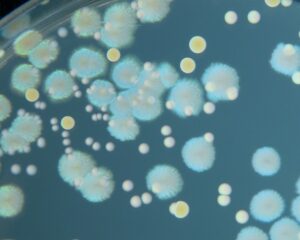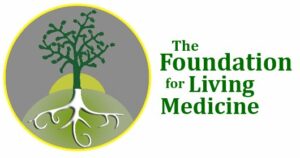
Life can be challenging, and therefore, many have learned the value of cooperation in order to survive. Scientists are discovering this also to be true for microorganisms. They work together as partners and share nutrients. Specifically, researchers from the Max Planck Institute for Chemical Ecology in Gena, Germany, worked on bacteria that were deficient in certain amino acids, to discover that these deficient microbes depended on their partners for the missing nutrient.
The Max Planck team headed by Christian Kost tested this hypothesis by creating a genetically modified Escherichia coli bacteria model that was unable to produce a specific nutrient. They found an extremely positive result when two bacteria were able to cross-feed each other to make up for lost nutrients. Specifically, they placed the bacteria in a culture with another bacteria that was deficient in a different nutrient and found that by cross-feeding, their cells increased +20% more than un-genetically modified cells. To learn more, click here.
Not only that, in further research, they have discovered that in natural communities, many bacteria will release amino acids and vitamins into their environments, which cross-feeds other bacteria. They have also found that bacteria that do not cooperate and contribute nutrients are excluded from the networks of cooperating bacteria. To learn more, click here.
The results from these findings and other research studies are helping researchers better understand how to fight the spread of harmful bacteria and use the benefits of the good bacteria.
